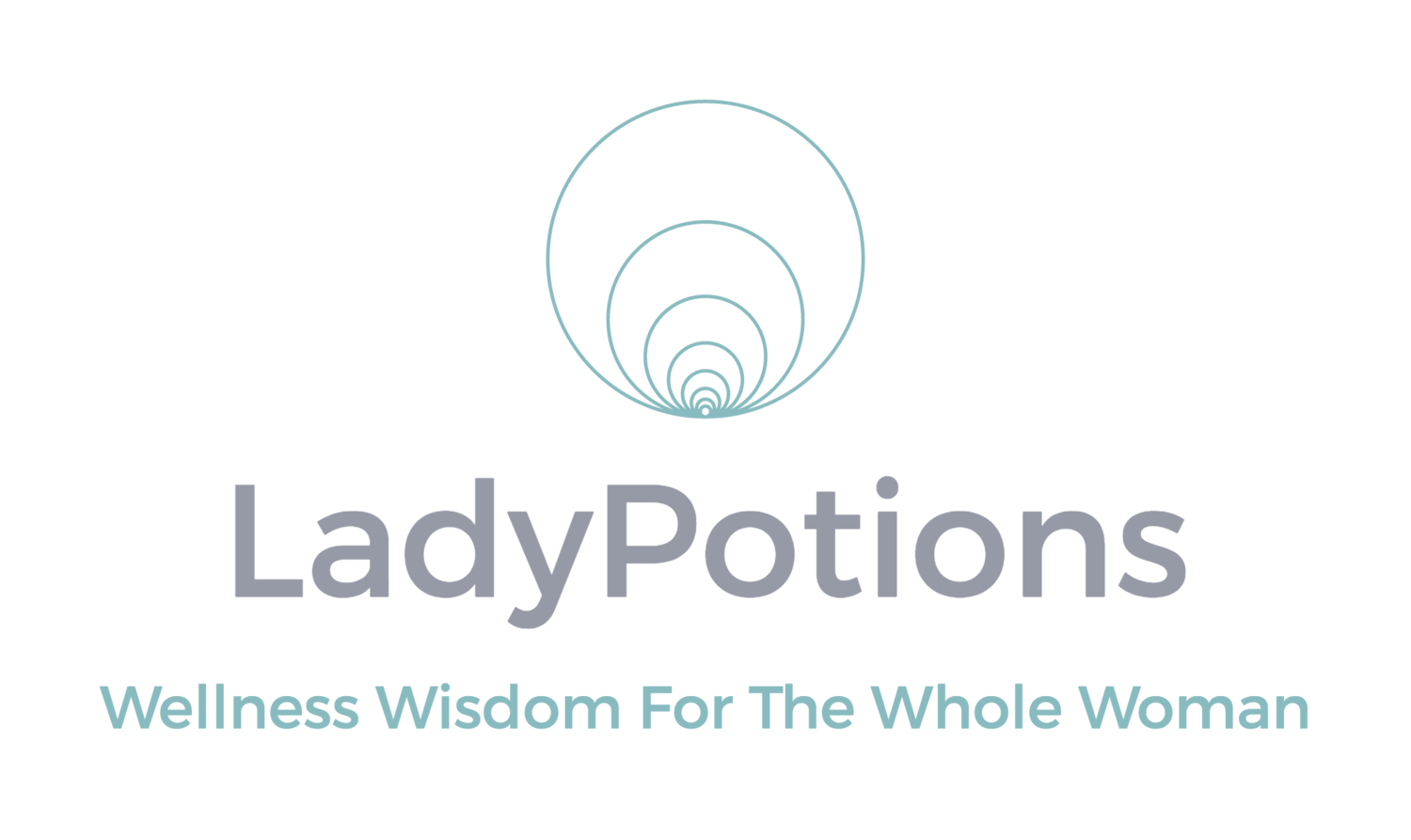Description:
Our periods are signs of how we are interacting with our environment, both internally and externally, and a way for us to use certain signals for fertility. Today, Hillary talks about what to stop and consider about your own period, how to change the quality and quantity of your uterine lining, decreasing inflammation to help clotting and cramping, certain foods to build up the blood, and how to turn back the clock in aging.
Takeaway:
[1:45] The symptoms of your period are not something to be flushed and forgotten. They are your body’s way of telling you that something is out of balance.
[2:36] The amount that you bleed is important and should be a steady flow with 1 or 2 days that are heavier, for a total of about 4 to 5 days. In order for the embryo to be nourished and grow, the lining has to be thick and well-vascularized. One important thing that often gets missed is the shedding of the lining every single month, so you don’t have old blood sitting on top of the lining. If you are a scanty bleeder, it is a good indication that your uterine lining is insufficient.
[5:26] Foods that help build up the blood include eggs with the yolk, clean sources of red meat, full-fat dairy and healthy fats such as seeds and avocado. It is also advised to not over-exercise during this time and resort to light stretching, walking, and gentle movement.
[6:53] The clot that you see in your menstrual blood has been forming way before you have your period. So what’s the problem? Implantation depends on establishing a healthy, thriving blood supply. But the whole job of a clot is to stop the flow of blood! A clotted uterine lining is one that is stale and stagnant. It doesn't have the fresh surface it needs to allow implantation to succeed at a high rate. It is important to stay away from inflammatory foods, and employ abdominal massage, and possibly employ a vaginal steam bath.
[9:29] When you feel cramping, it really is your uterine wall spasming. Severe cramping — also called dysmenorrhea — isn’t just a drag, it’s counter-productive for conception.
[11:07] It is common to have one day of heavy bleeding, but the other days should be more even with bright red blood rather than just one day of intense bleeding then right to spotting. Heavy bleeding can indicate an issue with spleen chi deficiency, where your body doesn’t have enough energy to open and shut the uterus and control the blood flow, leading to a feeling of strong fatigue.
[12:02] Red raspberry leaf may be used to tone your uterus, and then Cramp Bark when you are having your period. Some traditional Chinese formulas that include herbs from blood building and breaking categories.
[13:33] Many factors including diet, stress, environment, and even things we were exposed to while in utero can affect our eggs. Even more so for the eggs in our 120-day queue, for what’s called a germ cell to become a ripe and fertile egg.
Does age really matter when it comes to conceiving?
[15:13] You can turn back the clock. The Chinese had the idea of two ages which we can scientifically prove now using telomeres or a structure at the end of a chromosome. If you are interested in seeing what age you are according to this science, you can order a telomere test.
[16:28] The Chinese had a different take on the Western idea of the advanced maternal age of 35. They say men and women mature differently, and every 7 years for a female and 8 years for a male was a huge transition. Age 27 is when we see the first decline in FSH and AMH, two hormones that collectively approximate what a woman’s ovarian reserve is. There is an even more steep decline at 35, especially in egg quality increasing the risk for miscarriage or birth defect There is hope if you have waited! Egg quality can be positively affected by things like acupuncture, herbs, meditation, proper nutrition, and other various stress reduction techniques.
[18:31] Paternal age matters as well. You can reference a previous episode with Dr. Zev Williams from Columbia for more information on how much paternal age matters when it comes to single gene mutations that can cause things like autism, bipolar disorder, and other mental/emotional disruptions.
[19:02] There are categories of herbs that are said to have been taken by royalty because they were said to help them live forever. Zinc has been shown to help sperm fragmentation, and alpha lipoic acid has been touted to help egg quality in a woman of advanced maternal age when taken 3-6 months. DHEA is a precursor for the other steroids in our body, and studies have shown it helps the quality of the eggs. It is recommended to get your levels tested before taking this, and talk to your provider to see if it’s something to consider.
References:
Continue Your Journey:
@ladypotions4u on Instagram
Disclaimer *
You must not rely on the information in this podcast as an alternative to medical advice from your doctor or other professional healthcare provider. If you have any specific questions about any medical matter you should consult your doctor or other professional healthcare provider. If you think you may be suffering from any medical condition you should seek immediate medical attention. You should never delay seeking medical advice, disregard medical advice, or discontinue medical treatment because of information on this website or in this podcast.
